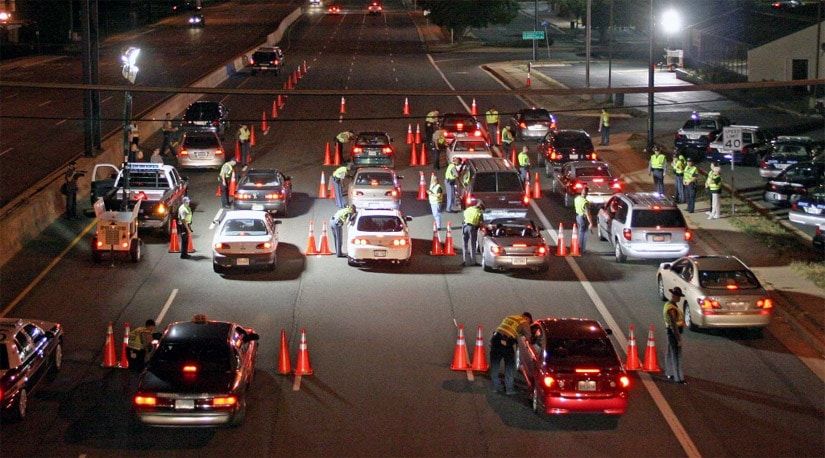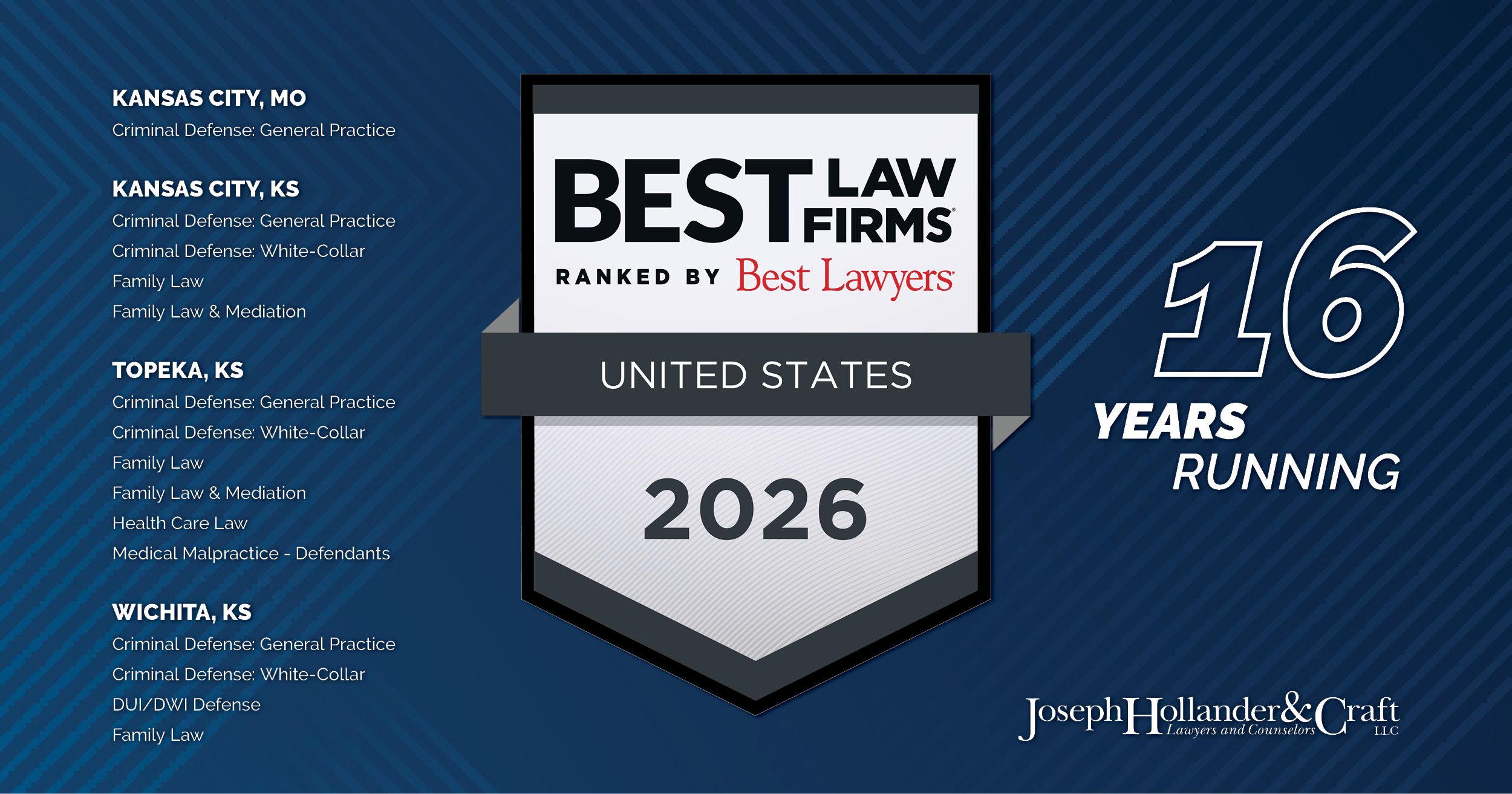The United States Supreme Court has agreed to decide three cases that question whether police officers can get blood or breath tests from DUI suspects without a search warrant and whether a person can be charged with a crime for refusing these tests. Two of these cases come from North Dakota and the other comes from Minnesota.
These cases come on the heels of the Supreme Court’s decision in Missouri vs. McNeely, which held that the natural dissipation of alcohol in the bloodstream does not constitute an exigency in every drunk-driving investigation sufficient to justify conducting a blood test without a warrant. The attorneys for the cases out of North Dakota and Minnesota said more and more of these test refusal issues are coming up after the McNeely decision and argue that some state supreme court decisions contradict that ruling.
Kansas is among the 13 states that criminalize the refusal of a blood, breath, or urine test in DUI cases. Until 2012, the worst penalty for refusing a blood or breath test was the suspension or restriction of driving privileges. Now, like other states with similar laws, the penalties for refusing a test in Kansas are just as punitive as the DUI charge itself—carrying a separate mandatory fine and a mandatory jail sentence.
The Supreme Court’s ruling in these three cases could have a significant impact on the current “criminal refusal law” in Kansas. Notably, there are at least two cases that deal with the constitutionality of the criminal refusal law currently pending in Kansas appellate courts. Decisions in those cases may depend on how the United States Supreme Court rules.
The Fourth Amendment of the United States Constitution guarantees us the right to be free from unreasonable searches and seizures. McNeely seemed to settle that a blood test is a search. The police are not permitted to conduct such a search unless they have consent, a warrant, or can demonstrate a warrant is not needed because of some emergency. When police want to conduct a search without a warrant, the person to be searched can refuse to give consent. Therefore, it seems unconstitutional to criminalize the refusal.
Joseph Hollander & Craft’s DUI Defense Team attorneys with locations in Wichita, Kansas City, Lawrence & Topeka Ks looks forward to a clarifying decision on this issue.













